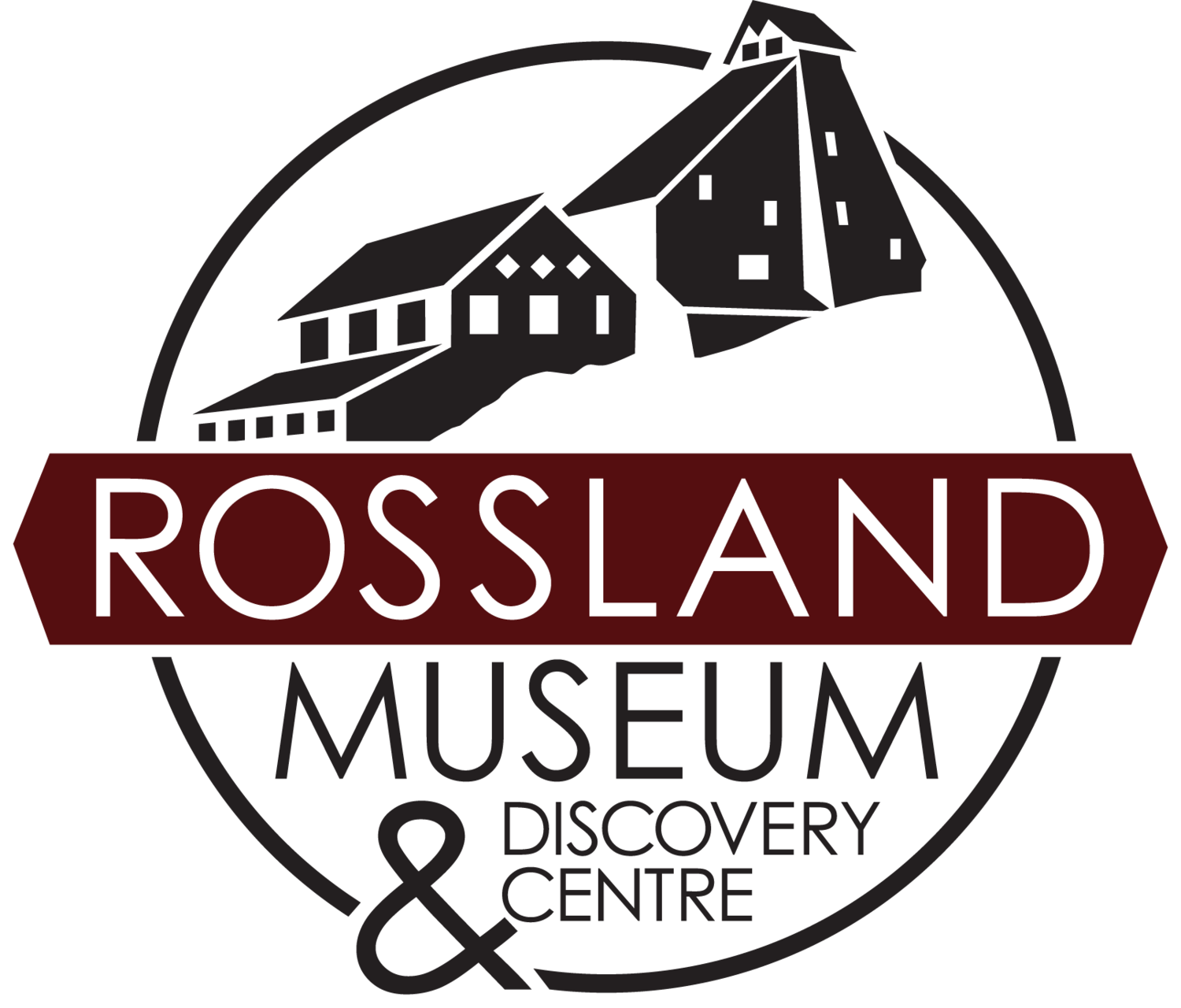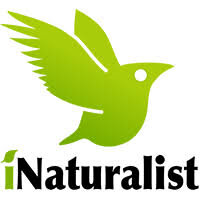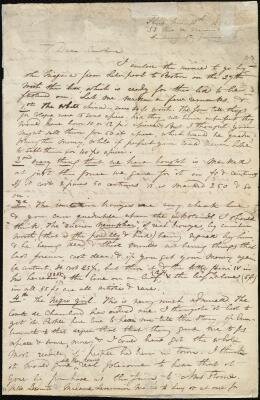April is Citizen Science Month
April is Citizen Science Month!
As we face global challenges, we may want to find local ways to make a difference in protecting endangered species, safeguarding water sources, preventing disease, or accelerating medical research. Science needs more eyes, ears, and perspectives than any scientist possesses. Enter citizen science: a collaboration between scientists and those of us who are just curious or concerned and motivated to make a difference.
Check out the Citizen Science Portal for some Canadian research projects you might be able to help out or you can discover opportunities to engage in #CitizenScience online via CitizenScienceMonth.org where we can contribute from anywhere in the world.
We'll share some cool projects we find over the course of the month! Let us know what you get up to too!
Click on the images for links to the appropriate resources/information.
31-day Protect Nature Challenge
Want to do more to help protect nature? Great! Now’s the time.
It’s through everyday actions that we can all come together and make a real difference in protecting nature.
Start today by following the 31-day Protect Nature Challenge. Choose a few actions that you can include in your daily life. Every action counts!
Soon, you’ll be feeling healthier, saving money, producing less waste, and feeling good about the changes you’re making for nature!
Count Penguins!
Count penguins, chicks, and eggs in faraway lands to help us understand their lives and environment.
EDUCATORS: You can get your whole class involved in this project right from their homes - check out the education section here
We would absolutely LOVE to see some penguin art too!
Reporting Auroras from the Ground Up
Aurorasaurus is the first and only citizen science initiative that tracks auroras around the world via reports on their website, mobile apps, and social media. All aurora-related tweets and reports are placed on the Aurorasaurus.org map. They then ask people to log in and verify the tweets or reports. Each verified report serves as a valuable data point for scientists to analyze and incorporate into space weather models.
iNaturalist and Seek
Another nature-focused Citizen Science project - help document and identify the nature in your area by using the iNaturalist app or their website.
Another project from @iNaturalist is accesible as an app - Seek! Use the power of image recognition technology to identify the plants and animals all around you. Earn badges for seeing different types of birds, amphibians, plants, and fungi!
American Meteor Society - Fireball Watch
Have you seen any fireballs in the night sky lately? A fireball is another term for a very bright meteor, generally brighter than magnitude -4, which is about the same magnitude of the planet Venus as seen in the morning or evening sky. A bolide is a special type of fireball which explodes in a bright terminal flash at its end, often with visible fragmentation. If you happen to see one of these memorable events, report it to the American Meteor Society to aid in scientific reporting!
ICRAR Astro Quest
Astro Quest is a fun #CitizenScience project from ICRAR where you can complete quests to help Australian scientists understand how galaxies grow and evolve.
Globe Observer
Get outside and watch the clouds!
By using the GLOBE Observer app, you are contributing important scientific data to the GLOBE community, your own community, and scientists world wide! This is an international science and education program that allows everyone to participate in data collection.
EDUCATORS: A great way to keep learning even while school is out! They also feature great resources for students and teachers. Check out their Activities page!
Planet Four
Help explore the surface and weather of Mars' south polar region!
EDUCATORS: Check out their education section with resources from NASA.
Help transcribe
Anti-Slavery Manuscripts
The Boston Public Library is seeking assistance in turning their collection of handwritten correspondence between anti-slavery activists in the 19th century into text that can be easily read and researched by students, teachers, and historians.
Let's hope you kept up the cursive writing lessons at home!
NASA Solve
Here's another space-related Citizen Science collection of opportunities to help NASA!
EDUCATORS: Lots of great opportunities! And don't forget about the Junior Astronauts program and the many Canadian Space Agency resources if you’re exploring space with the kids!
The Marine Debris Tracker -
Support Citizen Science while you hike!
The Marine Debris Tracker (also known as Debris Tracker) project helps over 25+ organizations collect data about where litter is showing up across the country – not just near water. This data contributes to maps used by researchers working on managing pollution worldwide. Materials are available in a variety of languages to get you tracking.
You can record the location of debris in your area through the Marine Debris Tracker App when you are out walking, which uses GPS data to record your findings. You can also submit pictures of debris you’ve tracked and view your mapped data.
Help researchers find solutions to marine debris by downloading the app today!
EDUCATORS: Check out how this educator used this project with their students here.
Criminal Characters
Criminal Characters: a research project investigating the criminal careers and life histories of Australian offenders from the end of the convict period through to the Second World War.
This site offers a number of resources for learning about the history of crime in Australia. You can also get hands-on experience of Australia’s criminal past by transcribing historical crime records, thereby helping to create a permanent and invaluable resource for future generations!
EDUCATORS: They have some teaching resources here as well, though they are focused on the criminal justic system in Australia!
Stall Catchers - Alzheimer’s Research
Scientists at Cornell University have discovered links between stalls - clogged blood vessels in the brain - and Alzheimer's. You can help this Citizen Science project and do in one hour what takes researchers one week in the lab!
Stall Catchers is an initiative to develop the research for Alzheimer's by simply 'playing' an online game. They need folks like you to contribute to the data!
Old Weather Project
If you've enjoyed the weather-related Citizen Science projects, check out this historical one! With the Old Weather Project, you can help scientists transcribe Arctic and worldwide weather observations recorded in ships' logs since the mid-19th century.
















